How to Strengthen Your General Knowledge To Win More Debates
10 November 2022
It’s no secret that having the right idea or the right piece of information can help you immensely when it comes to preparing for a debate. After all, having something clear to say within your argument based on factual evidence from the real world can make it very difficult for the opposition to disprove. However, when we start preparing for a debate we are often not allowed to access any technology to find this invaluable information. All we can use is the knowledge that already exists in our heads! This is why it can be a huge advantage in debating to learn how to build up your general knowledge.
This blog post is going to help you to learn strategies that can improve your general knowledge about a whole variety of topic areas that are commonly seen in debates. You’ll learn the difference between useful information and information overload, how to keep track of all of the things you have learnt, and how to use these facts once you get into the prep room.

Learning about the world is a huge plus side of being a debater
General knowledge is one of the biggest advantages of participating in debating and carries through to many other areas of life. From having a conversation with somebody about an interesting and current topic area to being better able to understand the news about politics and the world around you.
If you want to learn more about how debating can massively boost your critical thinking skills and fill your brain with plenty of interesting fun facts, check out our blog post about how debating and public speaking can improve your critical thinking.

Why is general knowledge important for debating?
It is not strictly necessary to have a lot of true knowledge about a topic area in order to win a debate, but it can be immensely helpful. A lot of students often feel that their favourite topic area in debating is ‘education’ because they have the most experience with education (being students themselves) and therefore they know a lot about it! This means they have a lot of ideas for different arguments they might want to make during the debate.
If we apply the same principles to other topic areas such as the environment, politics, law or anything else, the more you know about it the more ideas you will be able to come up with during prep time before the debate. Sometimes it only takes one really simple and small piece of information to launch you into a path of creative thinking and imagination that can expand it into a fully-fledged debate-winning argument.
Therefore, you could say that your general knowledge is like an arsenal of weapons that you can build up in order to make better quality debating arguments in the future. It’s almost like collecting a toolbox full of different instruments and tools – you’ll never know which item you end up needing in the future!

So how should I go about building my general knowledge?
Mindful Media Consumption
The first step to building up your general knowledge is to engage in more media consumption. One thing that is very useful is watching the news. This is an activity that can be easily adjusted for the age group that you’re in – try to find a news source that is targeted specifically at people from your age group such as ‘news for kids’ or perhaps ‘news for preteens and high schoolers.’ You can also engage in the same news that your parents do.
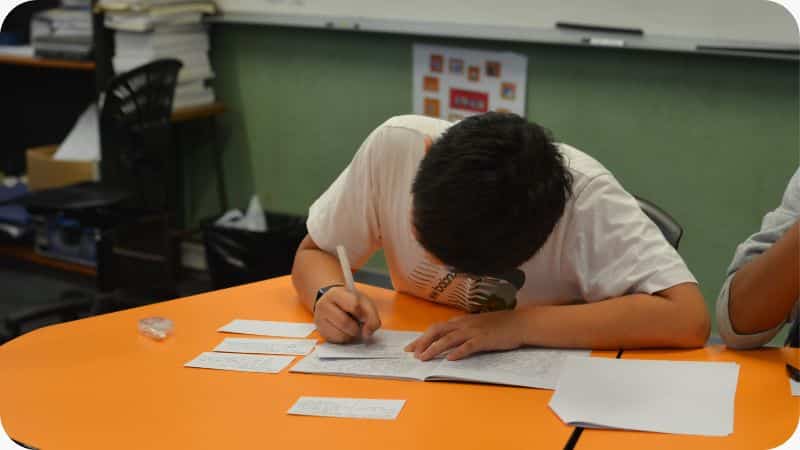
Watch from a debater’s perspective
When you’re watching the news, try to watch it from the perspective of a debater. Try to think to yourself, “How might this be useful in the future? What do I think is the most interesting part of this story?” and, “If it was up to me and I could change this issue, what would I do to change it?”

The people who write debating topics watch the news too!
The news is often the place where a lot of adjudicators come up with ideas for the topics they set. For example, if the Federal Budget had recently been announced there had been a massive impact on something such as the NDIS, an adjudicator might be interested in writing a topic about the amount of disability funding that is available in Australia.
Look for news that directly relates to common debating topic areas
The next tip is to look for news that directly relates to the common debating topic areas.
Common topic areas in debating:
- Environment
- Politics
- Law and Order
- International Relations
- Education
- Social issues
- Feminism
- Economics
- Sport
- General (which is used as a miscellaneous category for any other topical motions outside the usual categories)
One important strategy you might be able to use is to create a ‘Debating Book’ in which you have all of these topic areas as a heading of a different section. When you come across an interesting fact in any one of these areas, whether it be in a newspaper on the internet, write it down in your Debating Book in dot-point form so that you can start building up a physical copy of your information on each topic area. Some debaters refer to this as a ‘matter file’, which is a collection of useful knowledge and information that they can use as material in their speeches.
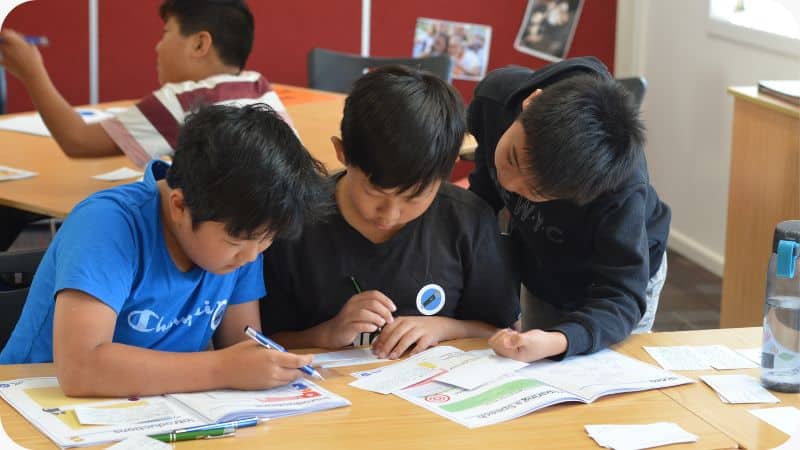
Learn your strengths and weaknesses
Keeping a debating book has a few benefits. As well as helping to encode the information into your memory, it can also serve as a physical representation of how much knowledge you have on different topics within debating. For example, you might have a very well-filled-out ‘education’ section because it happens to be your favourite subject, but you may not have ever written anything down in your economics section! This can be a really good clue that it would be hugely worthwhile for you to learn a little bit more about the economy or maybe do a quick google search about what the topical news in economics is right now. After all, it’s better to know a little bit about every topic than to be an expert in only one or two areas because you will end up winning more debates if you have ideas in every single round!
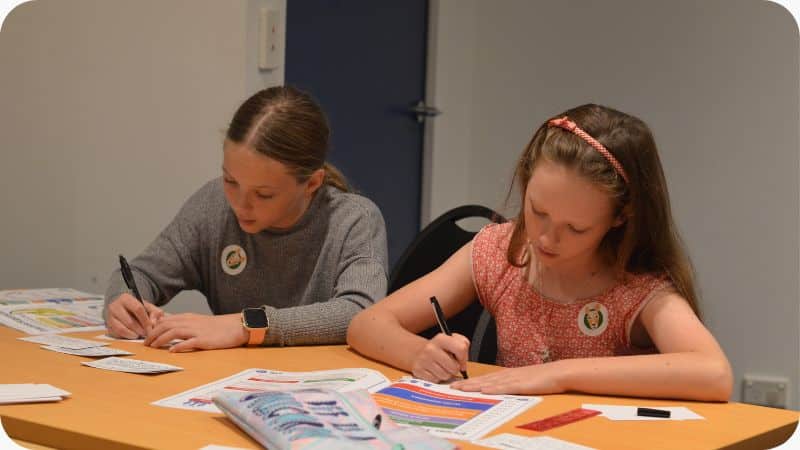
Apply your knowledge
Once you’ve started paying more attention to the media and the world around you, it’s time to start applying your knowledge to real-life arguments and debates. One exercise that you could do is ask yourself, “What is a debating topic that this piece of information might come in handy for?”
For example, if you collected a piece of information about the way that public school funding has changed over recent years, you could use that piece of information in the debate ‘That private schools should be banned.’ Try to go through most of the information in your book and imagine a topic or find a topic on the internet that would be relevant to the piece of information you have written down. If you’re super keen you could even practice writing out the argument using that piece of information.
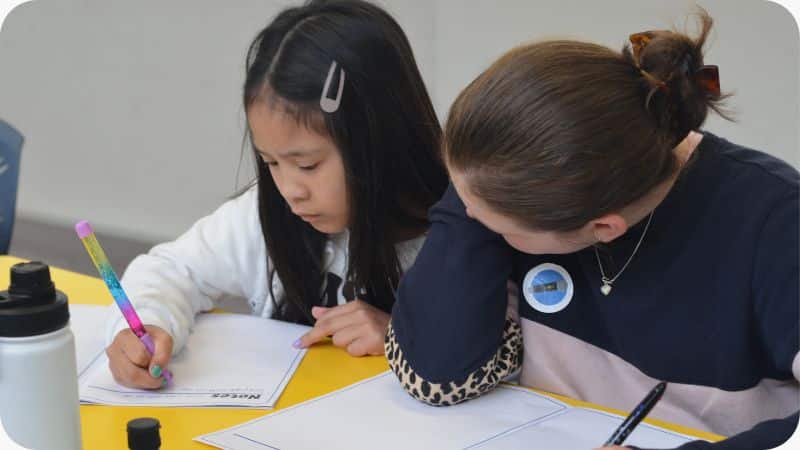
Where does the information belong in my speech?
When we have all of this general knowledge it can be confusing where to place it within a speech. The best idea is not to rely too heavily on your knowledge but to focus on logic and reasoning instead. We recommend using your knowledge and facts as examples for your point.
One perfect structure for doing this is the ‘PEEL’ structure. In ‘PEEL’, you have the Point, Explanation, Example, and Link. The ‘Point’ is the point title. ‘Explanation’ is a general logical explanation of what you mean by this argument. ‘Example’ is the perfect spot for some specific and factual information that can help to show why your explanation is true. Then you can use ‘Link’ to wrap up your argument, bringing the real-world knowledge back to the topic of the debate!
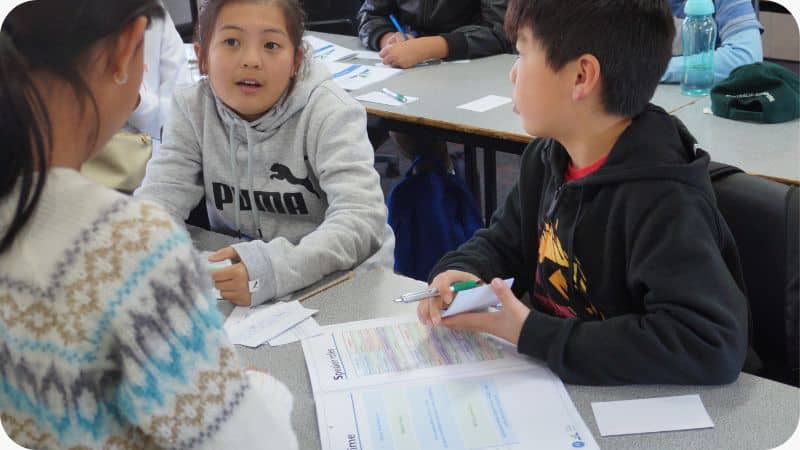
How specific should my information be?
A lot of the time, students can become confused about how specific the information they use in a debate should be. Kids can get very caught up in providing true information such as statistics or figures or the correct names and addresses of people that they are talking about. However, this practice of saying highly specific factual information isn’t actually the best idea and doesn’t make you more convincing in the debate. In fact, if your information is too specific, you run the risk of it being incorrect and out of date or sounding like you might have used Google to come up with your ideas!
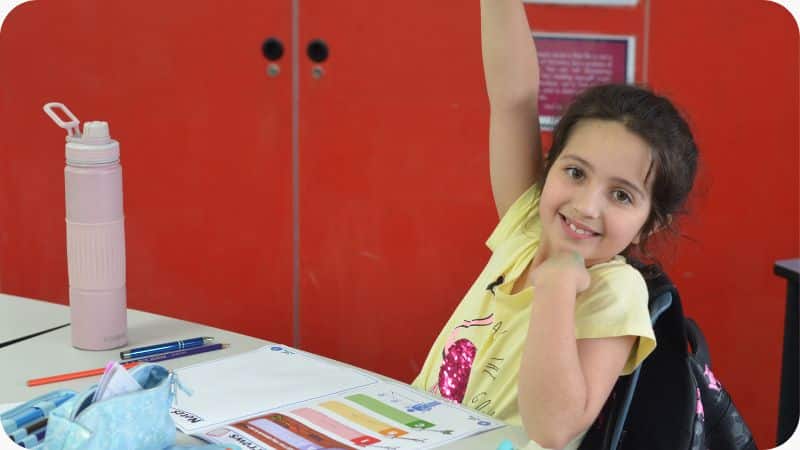
Use general facts with logical explanations, not statistics
So, instead of presenting extremely specific statistics like, “Did you know that the mental health of students increases by 67% when we ban exams?” instead you should refer to the information that you know in a more general manner and explain why it is logically true. So instead you could say, “Recent trends in student outcomes show that mental health is generally improved when we cancel exams. This is true because it alleviates a lot of stress for students and allows them more time to strengthen their social connections, building resilience and increasing happiness.” The adjudicator is far more likely to believe a generalised and logically explained fact than an overly specific one that leans on numbers rather than explanation.

How do I access my information in prep?
In a lot of debating competitions, there is a period of time referred to as ‘prep time’ which is all of the time after you have received the topic and you’re left with your team to prepare your case or your set of arguments for the debate. In prep time, teams are often not allowed to have any phones, notes, materials, or technology. You might be wondering, “What’s the point of gathering all of this information if I’m not even going to be able to access it during the debate?”
This is why it’s so important to genuinely think about and care about the things that you learn from the news rather than simply writing them down. The more you think about it, the more likely it is that you will remember it when you get your topic for the debate.

Remember to brainstorm
There are also some really good habits that you can implement to help you to collect all of the information you have available during prep time. The first thing you should do when you get into prep is write down the topic and analyse what it means. After you’ve done that, it can be a really good practice to quickly scribble down any little pieces of information that might come to your mind in a brainstorm.
For example, in the topic ‘That we should ban independent candidates for elections,’ you might quickly analyse the topic and then scribble down the names of some independent candidates that you can remember from the previous election. Even if you can’t remember their specific name, that’s okay! You can write down a quick description of who they are instead. For example, you could write, “Teal candidates won more seats in the last election than any previous election.” This would be a great example for a debate because it explains a trend in society and it doesn’t require you to remember anything too specific.
Another example could be an environmental debate. If the topic was “That we should invest in nuclear energy for Australia,” while you are analysing the motion you might quickly write down all the things you know about nuclear energy and Australia. Firstly you could write down that nuclear energy creates waste, and you could write ‘e.g. Japan’ (which is an example you remember from the news of a country that has a lot of nuclear waste and nowhere to put it). That could be enough to help you have an example later on in your argument. Even if you don’t end up using it, this practice can help you to have a more realistic context when you are writing your arguments for the debate.
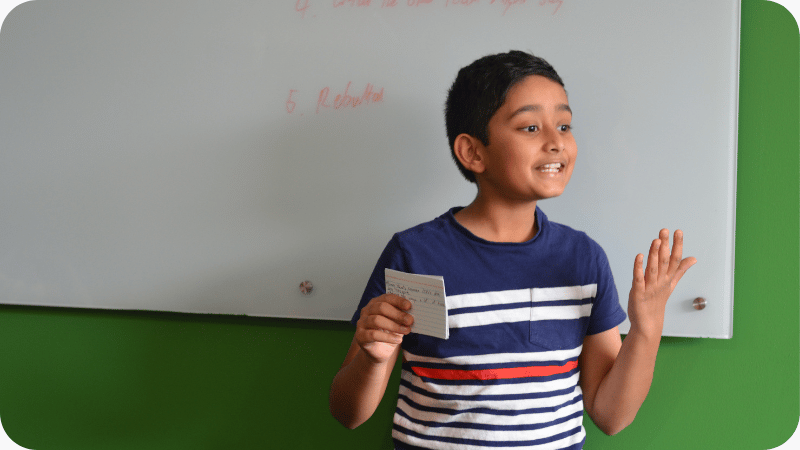
Listen to adjudicator feedback
Often you will know more about a topic after you’ve done the debate than you ever did before. It can be frustrating to realise at the end of the debate that some small pieces of information could’ve been the thing that really helped you during the debate, but this is part of the joy of debating! Having a go at explaining something that you don’t know everything about can be a very valuable skill in terms of your critical thinking and creative imagination.
However, you can also use the process of engaging in the debate to learn even more about the world and know more for next time. One example of this is listening to adjudicator feedback. The adjudicator of your debate will almost always be somebody who is older or wiser than you in some way or another. They may have been debating for a few more years than you or they might have more educational accomplishments or work experience. At the end of the debate, if they explain some pieces of information that they thought could’ve been useful, it could be a great opportunity to grab out your debating book and write these new pieces of information down.

Do some post-debate research
You could even make a habit of quickly googling the topic after the debate so you can learn specifically what you wish you would’ve known during the debate. If you kept this habit up after every single debate, you would end up knowing a lot about the world and you would always end up even more prepared for the next topic that comes your way.
This is a great way to continue learning and expanding your debating skills even after the debate has ended. It can be difficult to find the motivation to keep learning about a topic once you’ve already had the debate, but if you make it a habit it can really pay off in terms of your future debating success.
In order to be a successful debater, it’s important to have strong general knowledge about a variety of topics. Luckily, you can use the strategies that we’ve outlined in this blog post to help improve your understanding of different areas. Remember to keep practising and expanding your knowledge so that you are ready for any debate topic that comes your way! If you want to learn more about how to become an excellent debater, check out our wide range of courses and resources specially designed to help you build up your confidence and teach you all the necessary skills.

That concludes our post on how to develop strong general knowledge for debating. We hope you found it useful and that you will put some of these strategies into practice the next time you engage in a debate. Good luck!



